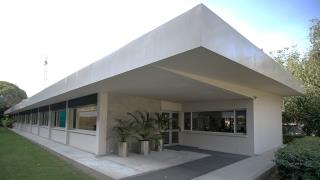Vicat in India has been successfully embarking on its renewable energy journey, using a small-scale trial project as a starting point. Here the company shares the different phases of its project management approach and explains how the experience gained has led to larger solar installations at its two domestic cement facilities. By Vicat in India, India.
Founded in 1853, French multinational company Vicat operates three core lines of business: cement, ready-mixed concrete and aggregates, as well as related activities. It has over 9900 employees working in the three main divisions, which together generated consolidated sales of €2.74bn in 2019. The group is present in 12 countries: France, Switzerland, Italy, USA, Turkey, Egypt, Senegal, Mali, Mauritania, Kazakhstan, India and Brazil. In total, Vicat has 17 integrated cement plants and five grinding units, with a total cement capacity of over 35Mta. The company also owns more than 259 concrete batching plants and over 70 aggregate quarries globally.
Vicat entered the Indian market approximately a decade ago, making it the sixth multinational cement company in the country. It now has two cement producers in India: Bharathi Cement in Andhra Pradesh state and Kalburgi Cement in Karnataka, which have a combined cement capacity of 7.75Mta. Further operations in the country comprise a concrete batching plant, two aggregate quarries, one polypropylene sacks unit, two captive power plants with a total capacity of 60MW, two waste heat recovery systems (17MW) and three solar plants (20MWp).
